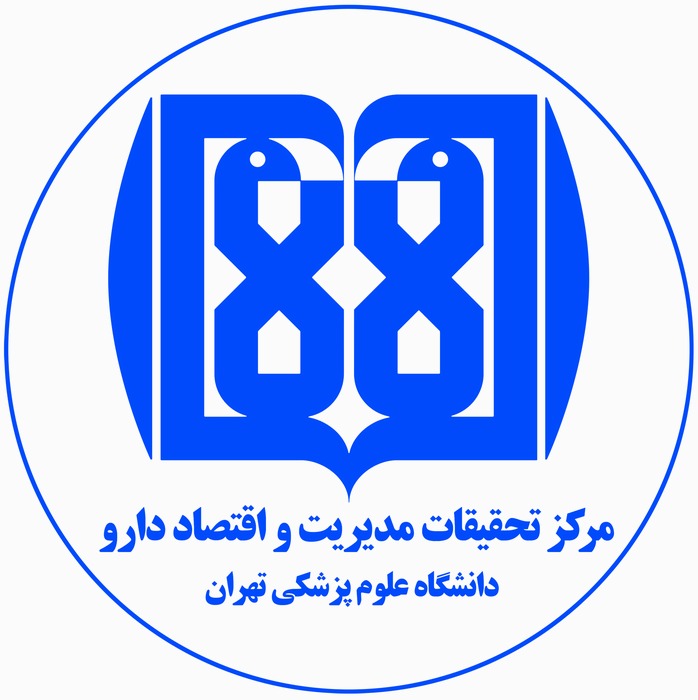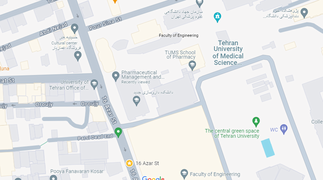Evaluation of health sector in the 5-year socio-economic and cultural development plans of Iran

Background: Development serves as a critical stream that propels the enhancement and advancement of a nation’s socio-economic framework. Preserving and elevating community health standards is deemed essential within any economic and social planning endeavors. Since the inception of societal living, health has stood as a fundamental human requirement. In accordance with this principle, the constitution of the Islamic Republic of Iran, serving as the principal guiding instrument, recognizes health as a “universal right.” It mandates that the government of the Islamic Republic of Iran formulate strategies to actualize this right.
Method: This qualitative investigation employed an adaptive approach and content analysis techniques to examine each of the six development plans ratified post-Islamic Revolution in Iran.
Results: The role of health was conspicuously minimal in the first and second development plans. The core health policy during these initial stages focused on broadening public health via the establishment of healthcare facilities. The third development plan saw an escalation in the attention devoted to health-related sections, with a strategic aim to bolster efficiency and overhaul the structure of the health system. Policies within the health sector during the fourth and fifth development strategies were directed toward fostering equitable access to health services and enhancing the fairness of financial contributions. Prominent objectives of the sixth plan encompass the quantitative and qualitative expansion of health insurance and the execution of a stratification and referral system. Conclusion: The initial three development plans lacked a comprehensive perspective of the overarching strategy, with the majority of provisions possessing a service-oriented nature that failed to ascend to a policy-making level. As the planning progressed, there was a marked shift in approach. Subsequent plans have concentrated on securing equitable access to health services and on ameliorating the fairness of financial participation.




ارسال به دوستان